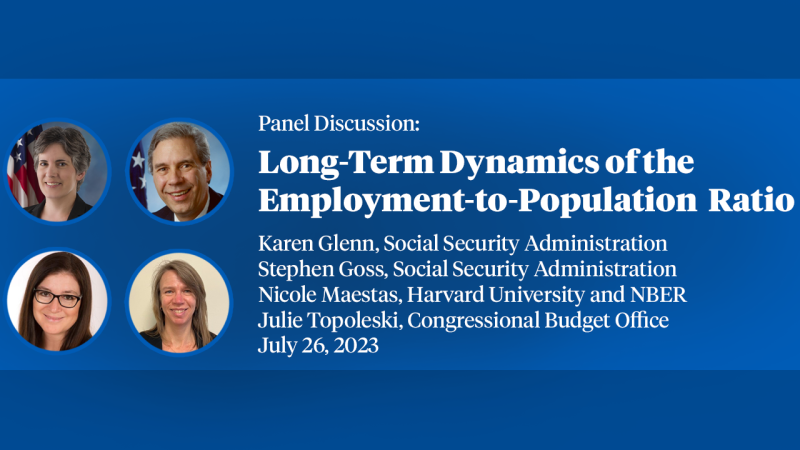Central Bank Policies Are More Transparent
Greater transparency of central bank operations is the most dramatic recent change in the conduct of monetary policy.
Central bankers around the world have become more open about their goals and operations, which has been a boon to taming the ups and downs of inflation. In Central Bank Transparency: Causes, Consequences, and Updates (NBER Working Paper No. 14791), authors Nergiz Dincer and Barry Eichengreen examine the central banks of 100 nations and find that their average transparency score increased from 3.4 in 1998 to 5.4 in 2006. Ninety of those nations made gains, 10 did not, and, strikingly, none became less transparent during that time. At the end of the period the most transparent banks were the Swedish Riksbank, the Reserve Bank of New Zealand, the Bank of England, the Bank of Canada, the Czech National Bank, the European Central Bank, and the Central Bank of Hungary. The least transparent were those of Aruba, Bermuda, Ethiopia, Libya, Saudi Arabia, and Yemen. America's Federal Reserve ranked just below the leaders and on par with the central banks of Israel, the Philippines, and Turkey.
"Greater transparency of central bank operations is the most dramatic recent change in the conduct of monetary policy," the authors conclude. "It is a way of ensuring the accountability of policymakers when the traditional mechanisms for doing so -- public monitoring of compliance with an exchange rate commitment and direct oversight by a government with formal control -- are in decline, reflecting the shift to flexible exchange rates and central bank independence."
Openness can accomplish several things. If central banks make clear that they're serious about price stability, for example, unions will be less likely to anticipate high inflation and ask for outsized raises in wages. Transparency about their commitment to long-term price stability also gives central bankers flexibility to deal with shorter-term disturbances. Another plus: transparency gives the banks democratic accountability at a time when they have gained more autonomy with the disappearance of the gold standard and pegged exchange rates. Not everyone agrees with these theories. Even some supporters of greater openness question whether transparency can go too far. Releasing minutes of contentious meetings could confuse investors, reveal bank board members' uncertainty and divided opinions about the future, and increase volatility in, say, the stock market. Also, if bankers reveal their intermediate targets and miss them, will that undermine their credibility?
To address these concerns, the authors examine 15 indicators of central banks' political, economic, procedural, policy, and operational transparency. They find that transparency rises with increases in nations' general level of economic and institutional development and with greater exchange-rate flexibility. It tends to be most evident in nations with certain political characteristics: reliance on the rule of law, stable political systems, openness in terms of political speech and accountability, and high government efficiency. Their analysis suggests that transparency affects inflation and not merely the other way around.
The biggest impact, the authors find, is on the variability of inflation. The more transparent a central bank becomes the less inflation jumps around. The effect is most powerful when opaque central banks begin to open up and diminishes once a bank has reached a certain threshold of transparency. The relationship of transparency to inflation persistence follows the same broad pattern although it's not as robust, the authors conclude.
Whether the move to greater openness endures will depend on the consequences of openness. As long as the public supports the benefits of reduced variability in inflation, then transparency should continue, the authors argue. "If financial globalization and political democratization are here to stay, as we suspect, then so too is greater transparency in the conduct of monetary policy," they write.
-- Laurent Belsie


